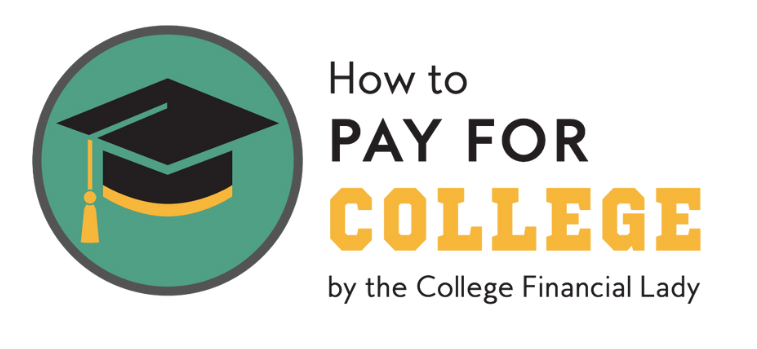FAFSA: Is it an Asset?
What is and isn’t an asset on the FAFSA? Here’s a quick “is it or isn’t it?” for you:
The balance in your checking and savings account: YES it’s an asset!
The balance in your taxable investment account: YES it’s an asset! You can subtract any debt for which this is collateral, such as a pledged asset line or margin loan.
Your student’s 529 account that you own: YES it’s an asset!
529s that you own for your other children: YES they’re an asset!
Retirement accounts such as 401(k)s, 403(b)s, traditional or Roth IRAs: NO they’re not an asset!
HSA accounts: NO they’re not an asset!
Term life insurance: NO it’s not an asset!
Cash value life insurance such as whole life, VUL, etc: NO it’s not an asset on the FAFSA but it is on the Profile!
Annuities: NO it’s not an asset on the FAFSA but it is on the Profile if it’s not in an IRA!
Primary residence home equity: No it’s not an asset on the FAFSA but it is on the Profile!
Vacation home: YES it’s an asset! Make sure to subtract the mortgage from its value.
Rental/investment property: YES it’s an asset, unless it’s part of your home that’s rented to a family member. Make sure to subtract the mortgage from its value.
529s owned by grandparents: NO it’s not an asset on the FAFSA but it is on the Profile! And distributions from it are student income in the year they’re received.
529s owned by your ex-spouse: NO it’s not an asset on the FAFSA but it is on the Profile! And distributions from it are student income in the year they’re received.
Vested stock options: YES they’re an asset!
UTMA or UGMA accounts: YES they’re an asset, specifically the student’s asset!
Trusts for which you or the student are a beneficiary: YES they’re an asset of the beneficiary!
Your elderly relative’s bank account for which you’ve been made a joint owner because they thought that was easier than a POA: YES it’s an asset!
Small businesses you own: NO it’s not an asset on the FAFSA as long as you or your directly-related family owns more than 50% and the business employs less than 100 people! The Profile will ask for more details including the business tax return.
Family farm that you live on and operate: NO it’s not an asset on the FAFSA!
Balance on your credit card: NO it’s not an asset! You can’t subtract a credit card balance; you should instead pay the bill before filing.
Bitcoin or other cryptocurrency: YES it’s an asset! Crypto is now considered a commodity by the SEC and commodities are reportable assets on the FAFSA.
If I missed anything, please submit it in the comments.
See more on The FAFSA Formula Explained.
